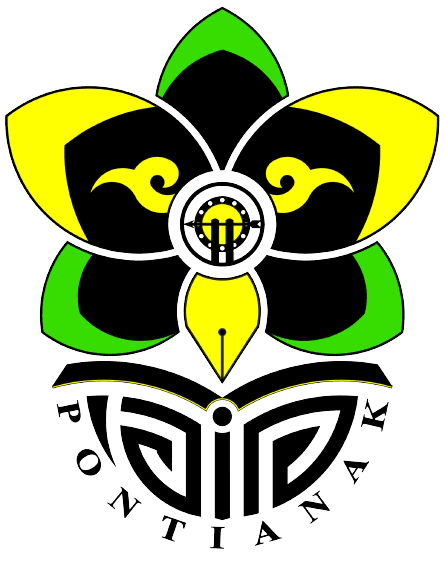The Application of Ecology-based Islamic Education in Digital Age: A case study Khozinatul Ulum Blora
DOI:
https://doi.org/10.24260/arfannur.v3i3.1080Keywords:
Islamic Education, Ecology, Digital Era, Islamic Boarding SchoolAbstract
Indonesia is a country that is rich in natural resources, even the land in Indonesia is known as paradise land, because once we plant anything the species will grow and can be utilized by humans themselves. Rarely do humans know about how to care for nature properly and correctly. So that in Indonesia there are still frequent natural disasters such as floods, landslides, pollution of water sources, air pollution and so on. We know that Indonesia also has the largest Muslim population in the world. They should also understand how to take care of nature. The role of digital ecology held by the Khozinatul Ulum Islamic Boarding School Blora is an example of a small effort so that learning Islamic religious education at the Islamic boarding school can be practiced directly. The data collection technique used by researchers is a data collection technique used by researchers is field research. The results of the study show that: 1) students can understand the benefits of Islamic religious education which can be related to ecology; 2) students can directly implement the positive influence of ecology; 3) students can take advantage of the Digital Era to Practice Ecology-Based Islamic Education Learning. This is also reinforced by the vision that has been formed from that Islamic Boarding School which reads as follows: Islamic boarding schools view the need to regulate and realize a balance between several sciences about Islamic Shari’a teachings with general science and modern technology.



